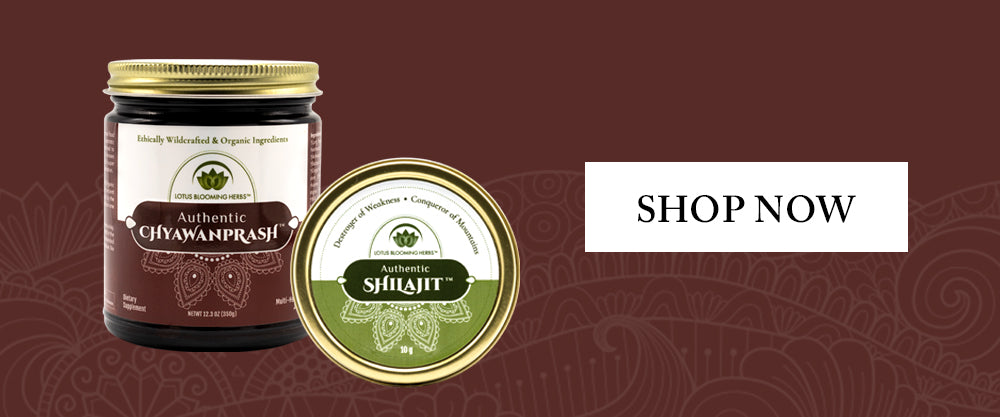In Ayurveda, there are three seasons, not four. The seasons are each governed by a particular Ayurvedic dosha type. This time of year, until about February, is vata season in the western hemisphere.
Vata’s qualities are cool, light, dry, rough and changing – similar qualities to the type of weather many regions on this side of the world experience during the fall and winter.
It’s important to remember that dosha means “weakness,” so those with vata dominance or imbalances will be more likely to experience vata symptoms during this season.
One of the most common symptoms of vata imbalance is joint pain. Those with weak or inflamed joints or arthritis may often find their symptoms increase during the cooler months of the year. To bring this dosha back into balance and treat bone pain, Ayurveda recommends introducing diet and lifestyle practices that are warm, lubricating and grounding – or vata pacifying.
Abhyanga
This self oil massage is one of the most nourishing and soothing bone pain treatment practices in Ayurveda. For vata imbalances, organic sesame oil is recommended. Add about ¼-½ cup oil in a glass jar. Head some water in kettle or pot and then add to a deep bowl. Place the jar in the water for 5-10 minutes to heat the oil. Once ready to use, begin massaging the oil into your body. Start at the scalp, then move to the face, ears, neck and shoulders. Work your way down to the chest, back, and torso. Massage in a circular motion around the abdomen area. Next, move to the shoulders and work down your arms to your hands. Move in circular motions around your joints, really working the oil in. Next, massage your hips, legs and feet, once gain working in circular motions around the joints. Allow the oil to soak into for 15-20 minutes, preferably in a warm room or you can even relax in a warm bath. Finish with a shower. If you don’t have the time for the full abhyanga, you can also begin by just massaging oil into the achy joints area before a shower.
Eat a primarily vata pacifying diet
Supporting digestion is key for overall well being. Proper digestion helps to remove ama (toxins) from the body, which can lodge into weak areas and cause pain and inflammation. Ensuring proper digestion, assimilation and elimination will help to purify the body and support healthy joints. Focus on warm, cooked food that are as fresh as possible (avoid leftovers and packaged food whenever possible.) Include moderate amounts of healthy oils such as ghee, olive oil and sesame oil. Eat foods with predominantly sweet, sour and salty tastes. Root vegetables such as beets, carrots, potatoes and sweet potatoes are good, as are winter squashes. All nuts are good for vata, however, consider soaking or sprouting them prior to eating if you have sensitive digestion. Whole grains such as rice and organic wheat are recommended and warming spices such as cinnamon, nutmeg, cloves, ginger, turmeric, black pepper, cardamom, cumin, mustard seeds, fenugreek and hing (asafoetida). Lastly, consume warm beverages. Sipping on hot water throughout the day is an extremely beneficial practice that supports digestion. Do your best to avoid caffeine and alcohol which can further aggravate vata.
Support Joints with Shilajit
This mineral and fulvic acid rich substance has been used for thousands of years in Ayurveda to support arthritis and other joint related diseases. A 2018 study on rats with arthritis revealed that Shilajit significantly reduced cartilage degeneration and inflammation. In fact, Shilajit supports healthy tissue regeneration and supplies essential minerals that are vital to bone and joint health. Shilajit’s detoxification properties also help to dissolve ama in the body, naturally remedying pain that can come along with joint issues.
Learn more about the benefits of our Authentic Shilajit here.
Maintain a regular routine One of the main characteristics of vata is lack of focus and the tendency to jump from one activity to another. Maintaining regular routines around eating, waking and sleeping are extremely beneficial in grounding vata, although this Ayurveda natural remedy for joint pain may feel unnatural or too constricting at first.

